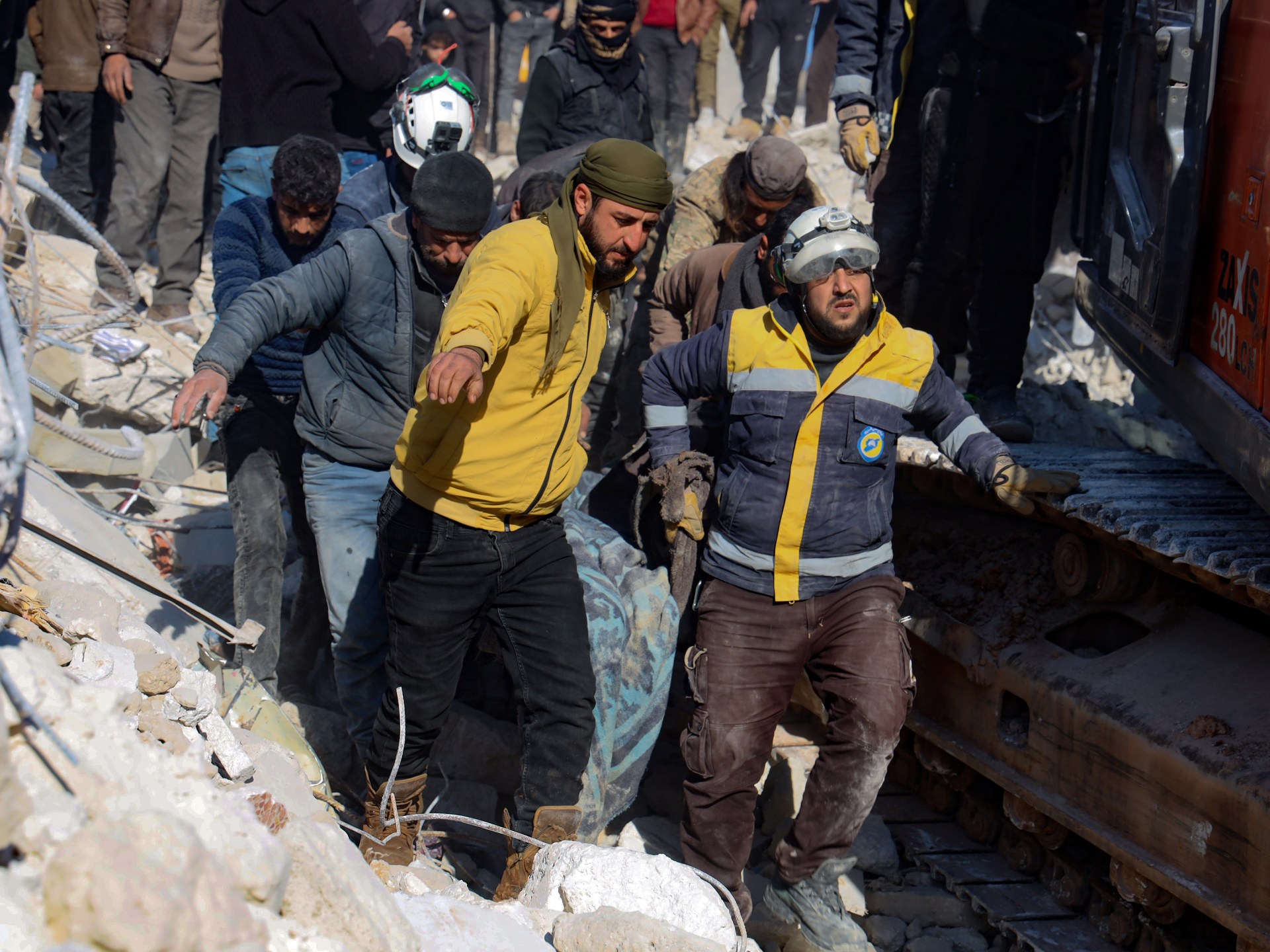The Hajj is back and Saudi Arabia is hoping to cash in
The potential for expansion is significant, says Steffen Hertog, an associate professor at the London School of Economics. Pilgrims could, for example, be incentivized to extend their trips in the country to visit other religious sites or engage in recreation, particularly during the year-round minor pilgrimage, the Umrah, where Hajj-related bottlenecks can be avoided, he said.
The number of pilgrims has shrunk significantly during the pandemic but the government is targeting 30 million pilgrims by 2030, which some analysts have said is an ambitious figure.
The pilgrimage has been a drain on the government’s finances due to the cost of infrastructure, maintenance, and security, according to Hertog, but it has made big money for the private sector.
Saudi authorities did not respond to CNN’s request for a comment.
The only threat to Saudi Arabia’s ambitions to capitalize on the pilgrimage “is decreasing religiosity across the world,” said Al-Ubaydli. “But as long as Muslims continue to want to visit these sites, they will represent massive economic opportunities to Saudi Arabia.”
CNN’s Nadeen Ebrahim contributed to this report
The digest
Iran is adding demands to nuclear talks, US says
- Background: The last round of indirect negotiations between Iran and the US took place in Doha, Qatar last week, and were mediated by the European Union. The talks were the latest hope at getting both sides to an agreement that would revive a 2015 nuclear deal aimed at curbing Tehran’s nuclear weapon abilities. The two-day talks came to a standstill, however, with Malley describing them as “a wasted occasion.”
- Why it matters: Iran is inching closer to the amount of enrichment necessary to make a nuclear bomb, with Malley saying it would only take them “a matter of weeks” to reach one. “They are going to have to decide sooner or later,” said Malley, “Because at some point the deal will be a thing of the past.”
Ben & Jerry’s sues Unilever to block sale of Israeli business
- Background: The Vermont-based ice cream maker filed a complaint Tuesday in the US District Court in New York, where it sought an injunction against Unilever “to protect the brand and social integrity Ben & Jerry’s has spent decades building.” Last week, Unilever announced that it had sold Ben & Jerry’s Israeli business for an undisclosed amount to American Quality Products (AQP), which distributes the ice cream in Israel.
- Why it matters: Since 2021, Ben & Jerry’s has been fiercely opposed to the sale of its products in the West Bank, saying that it would be “inconsistent with” the brand. Ben & Jerry’s has been doing business in Israel since 1987, but in recent years it had come under pressure for selling in West Bank settlements, considered illegal under international law.
Nazi war criminal Eichmann heard boasting of role in Holocaust in audio recordings
Audio recordings have emerged of Nazi war criminal Adolf Eichmann boasting about his role in the Holocaust. The recordings, carried out in 1957, have Eichmann hailing his part in the Nazi attempt to exterminate the Jewish people.
- Background: Eichmann was captured by Israeli secret agents in Argentina in 1960 and brought to Israel where he was put on trial for crimes against humanity. In his defense he argued that he was only following orders, and that the key decisions were taken by other, more senior, Nazi leaders. Eichmann was convicted at his trial and put to death in 1962.
- Why it matters: The recordings, which have been lying in a German archive for decades, have been aired for the first time as part of a new documentary about Eichmann called “The Devil’s Confession.” He can be heard saying that it would defy his innermost beliefs to deny that the Nazis did something wrong. “If we had killed 10.3 million Jews, I would say with satisfaction, ‘Good, we destroyed an enemy.’ Then we would have fulfilled our mission,” he said.
Around the region
The world No. 3 overcame a nervy start to rally from a set down and beat Marie Bouzková 3-6 6-1 6-1 on Centre Court.
After reaching the final four, she said it had been a long time coming for her personally.
“I was hoping that I could get to this stage for a long time already. I struggled a few times in the quarterfinal,” Jabeur told the media afterwards.
“I was talking a little bit to (former world No. 22) Hicham Arazi, and he told me: ‘Arabs always lose in the quarterfinals and we are sick of it. Please break this,'” she added.
By Ben Morse
Time capsule
Algeria this week marked 60 years since its independence from France following a bloody war of independence whose wounds are yet to heal.
France began its rule of Algeria in 1830. The city of Algiers was originally taken by the French as a military measure, but as more settlers began arriving with French protection, France’s boundaries continued to advance.
In 1954, the Algerian National Liberation Front (FLN) was formed as a guerilla group to liberate the country from its colonizer. It started an uprising that took the next seven years, known as the Algerian War, which led to Tunisia and Morocco being granted independence by France in return for militarizing their borders with Algeria.
On March 16, 1962, an agreement was signed in France promising Algeria independence pending a national referendum and on July 5, Algeria celebrated its independence from France.
By Mohammed Abdelbary



